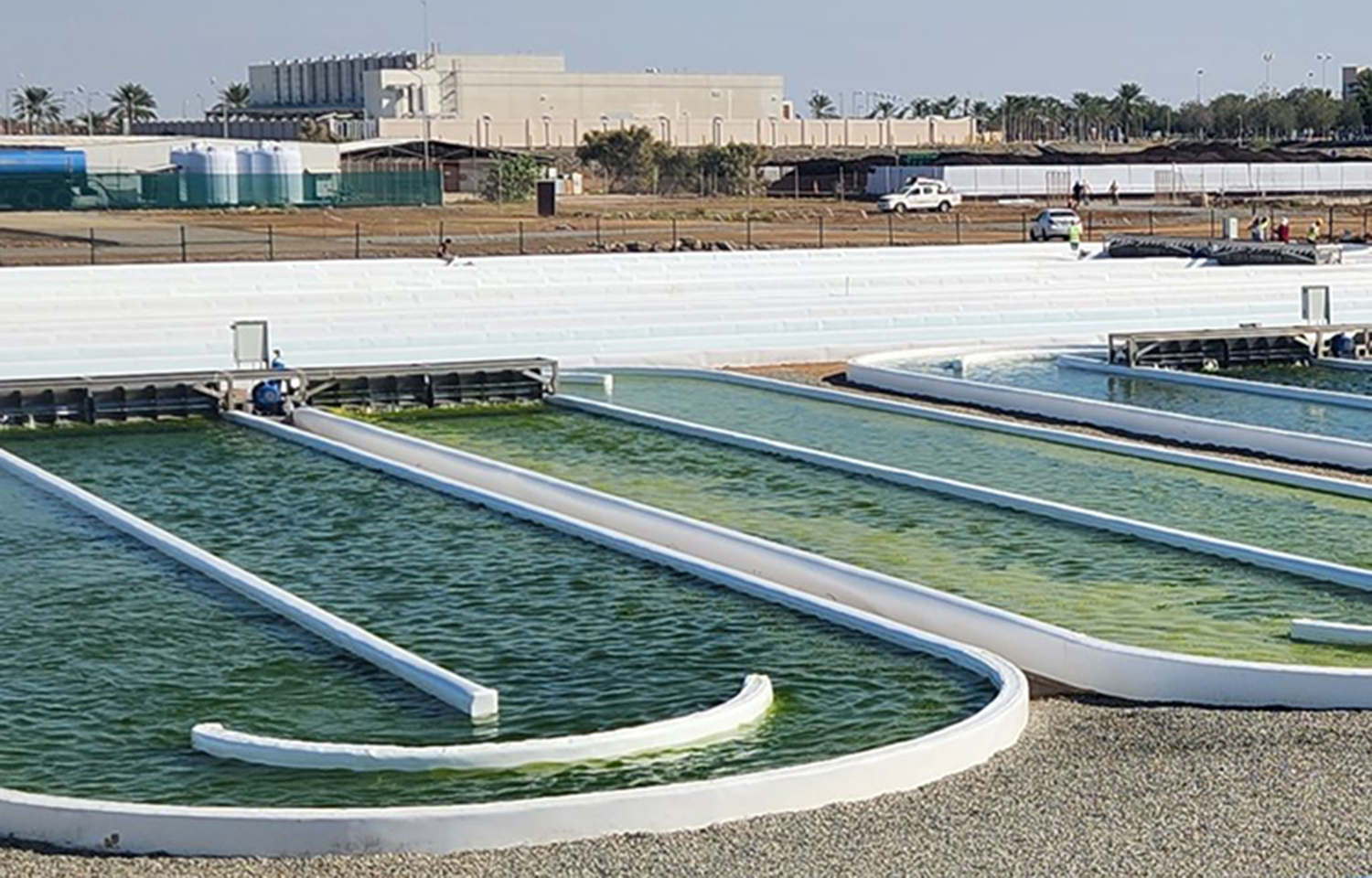-Biddeford, Maine, U.S.A.-based seaweed company Atlantic Sea Farms launched its kelp-based Sea-Veggie Burgers at Whole Foods Market locations across the U.S.
“We thought it fitting to start this demo program during Healthy Eating Month, with a product that brings regeneratively grown sea greens to the center of the plate,” the company said in a LinkedIn release.
-The King Abdullah University of Science and Technology (KAUST) has completed the construction of a commercial algae plant, which is coupled with a fish hatchery.
The Jiddah, Saudi Arabia-based algae biotechnology center will operate as an Integrated multi-trophic aquaculture unit (IMTA), according to KAUST Algae Program Director Claudio Fuentes Grunewald.
“The plant was built from scratch in 458 days only, using local materials such as steel, cement, pipes, electrical cables, transformers, liners, etc., using local contractors’ companies, and local workforce,” Grunewald wrote in a LinkedIn release. “The project has the ability and capacity to produce their own feed for fish and is in this feed where we will include the algae produced at DAB-ADP-KSA facilities, delivering a circular economy approach at scale for the first time in Saudi.”
The facility will use local and algae strains adapted to Red Sea salinity to create proteins, lipids, and carbohydrates for animal feed.
“I humbly want to say that we are making history in Saudi Arabia and this and futures algae projects in this country will have a worldwide impact in the algae industry paving the way to support the feed/food industry and helping to tackle several U.N. goals, from poverty to climate change,” Grunewald said.
-A new study authored by a group of international researchers found in the case of a catastrophic event that would block the sun, such as a large volcano eruption or nuclear war, seaweed could be a solution to saving humanity from starvation.
The article, “Seaweed as a Resilient Food Solution After a Nuclear War," was recently published by Earth’s Future. The study found seaweed to be a versatile commodity, used as a critical food and fuel source, according to Eco-Business.
“Investing in the construction of seaweed farms could prevent global famine in abrupt sunlight reduction scenarios, potentially averting a significant number of deaths from starvation,” University of Canterbury Associate Professor of Mechanical Engineering David Denkenberger said.
Seaweed, which is grown underwater, is nutritious, and could survive in tropical oceans even after a nuclear war, according to the study. In the case of a nuclear war, an estimated 150 teragrams of soot emissions could be projected into the atmosphere to block the sunlight for years. Regardless, there would be enough sunlight for seaweed to photosynthesize and grow despite the black carbon in the atmosphere, the study found.
Photo courtesy of Atlantic Sea Farms







